Exploring the underwater world has never been more accessible, thanks to advancements in underwater propulsion technology.
For those new to the aquatic realm or casual snorkelers seeking to enhance their experience, entry-level underwater scooters offer an ideal blend of affordability, ease of use, and performance.
These devices not only conserve energy but also extend exploration time, allowing users to glide effortlessly through marine environments.
Key Considerations for Selecting an Entry-Level Underwater Scooter
Before delving into specific models, it's essential to understand the primary factors that influence the performance and suitability of an underwater scooter:
1. Battery Life and Charging Time
Battery life determines how long you can enjoy uninterrupted exploration. Entry-level scooters typically offer between 30 to 60 minutes of runtime, with charging times ranging from 2 to 4 hours. Opting for models with quick charging capabilities can minimize downtime.
2. Buoyancy and Weight
Scooters with positive buoyancy float naturally, reducing the risk of sinking. Lightweight designs enhance portability, making them easier to handle and transport.
3. Speed and Depth Rating
While entry-level scooters may not match the high speeds of professional models, they typically reach speeds suitable for leisurely exploration. Depth ratings indicate the maximum safe operating depth; most entry-level models are designed for shallow waters, ideal for snorkeling.
4. Safety Features
Features such as propeller guards, automatic shut-off mechanisms, and child safety locks are crucial for ensuring safe operation, especially for beginners and younger users.
5. Portability and Design
Compact and ergonomic designs facilitate ease of use and transport. Many entry-level scooters are designed to be travel-friendly, fitting into standard luggage compartments.
Top Entry-Level Underwater Scooters for Snorkeling
1. LEFEET Seagull C1 Underwater Scooter
The LEFEET Seagull C1 is a standout choice for families and beginners.
Weighing approximately 5.7 lbs, it offers a top speed of 3.35 mph and a depth rating of 100 feet.
Its dual-motor design ensures smooth propulsion, and the intuitive controls make it user-friendly.
The scooter's compact size and positive buoyancy enhance its suitability for casual snorkelers.
2. Asiwo Manta Underwater Scooter
Designed with versatility in mind, the Asiwo Manta features three-speed settings, allowing users to adjust performance based on their skill level and environmental conditions.
With a maximum depth rating of 40 meters and a top speed of 1.56 meters per second, it caters to both leisurely explorers and those seeking more dynamic experiences.
Its lightweight design and ergonomic build ensure comfort during extended use.

3. Geneinno S2 Underwater Scooter
The Geneinno S2 combines performance with safety features, making it an excellent choice for beginners.
It includes propeller guards and an automatic shut-off mechanism, enhancing user safety.
With a depth rating suitable for recreational snorkeling and a design focused on ease of use, the S2 is both reliable and accessible.
4. Sublue WhiteShark Mix
The Sublue WhiteShark Mix is a compact and lightweight scooter that offers impressive maneuverability.
Its dual-motor system provides efficient propulsion, and the positive buoyancy ensures it remains afloat when not in use.
Ideal for those seeking a balance between performance and portability, it's a popular choice among casual snorkelers.
5. Outdoor Master Sea Scooter Marlin
For those on a budget, the Outdoor Master Sea Scooter Marlin offers an affordable entry into the world of underwater propulsion.
Priced competitively, it provides essential features such as a manageable speed and depth rating suitable for shallow water exploration.
While it may lack some advanced features, its value proposition is noteworthy for beginners.
Recommended: Top 6 Best Underwater Scooters Under $600
Comparative Overview
| Model | Top Speed | Depth Rating | Notable Features |
|---|---|---|---|
| LEFEET Seagull C1 | 3.35 mph | 100 ft | Dual-motor, positive buoyancy |
| Asiwo Manta | 1.56 m/s | 40 m | Three-speed settings |
| Geneinno S2 | N/A | N/A | Safety features included |
| Sublue WhiteShark Mix | N/A | N/A | Compact and lightweight |
| Outdoor Master Sea Scooter Marlin | N/A | N/A | Budget-friendly option |
Conclusion
Selecting the right entry-level underwater scooter hinges on individual preferences, intended use, and budget considerations.
Models like the LEFEET Seagull C1 and Asiwo Manta offer a blend of performance and safety, making them suitable for a wide range of users.
For those prioritizing portability, the Sublue WhiteShark Mix stands out, while the Outdoor Master Sea Scooter Marlin provides an economical choice without compromising essential features.
Ultimately, the best scooter aligns with your specific needs, ensuring a safe and enjoyable underwater experience.
FAQs
Q: Are entry-level underwater scooters suitable for children?
Yes, many entry-level models are designed with safety features such as child safety locks and propeller guards, making them suitable for younger users under adult supervision.
Q: Can these scooters be used in saltwater environments?
Absolutely. Most entry-level underwater scooters are designed to operate in both saltwater and freshwater environments, though it's essential to rinse them with fresh water after each use to maintain longevity.
Q: How do I maintain my underwater scooter?
Regular maintenance includes rinsing the scooter with fresh water after each use, checking for any signs of wear or damage, ensuring the battery is charged appropriately, and storing the scooter in a cool, dry place when not in use.
Q: Can I use these scooters for scuba diving?
While some entry-level scooters have depth ratings suitable for shallow diving, they are primarily designed for snorkeling. For deeper dives, it's advisable to use professional-grade scooters specifically designed for scuba diving.
Q: How long do the batteries last?
Battery life varies by model but typically ranges from 30 to 60 minutes on a full charge. Factors such as speed settings, water conditions, and the weight of the user can influence battery duration.
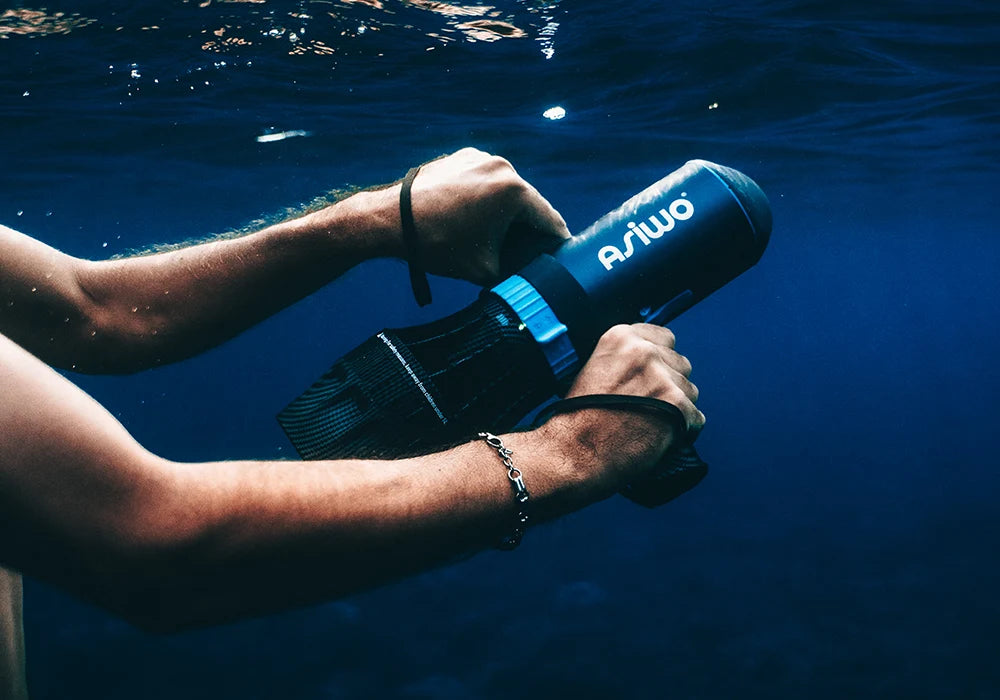




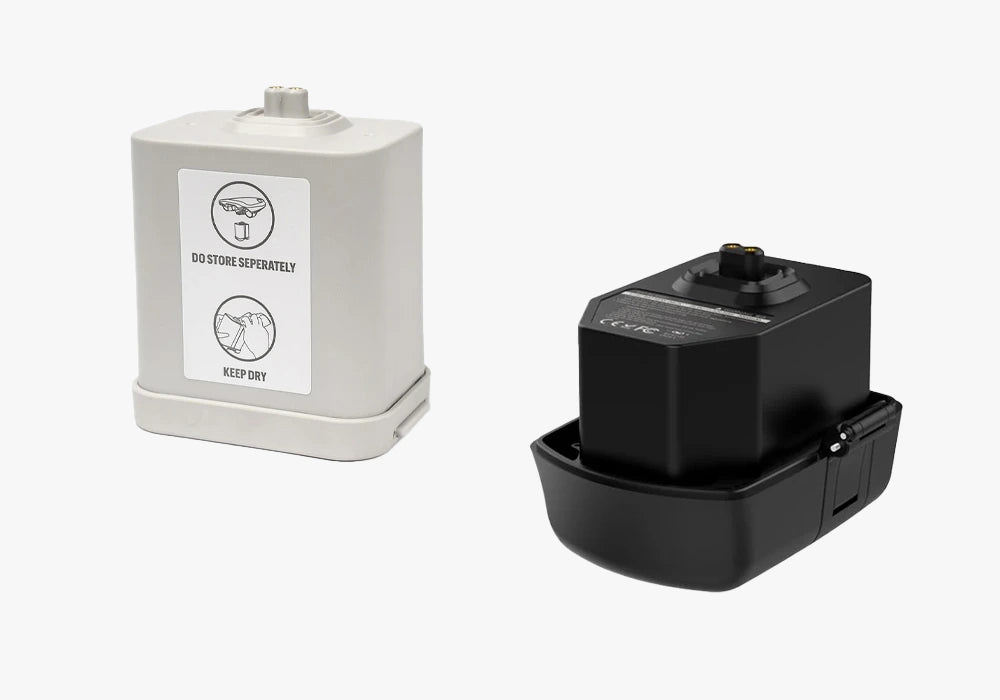





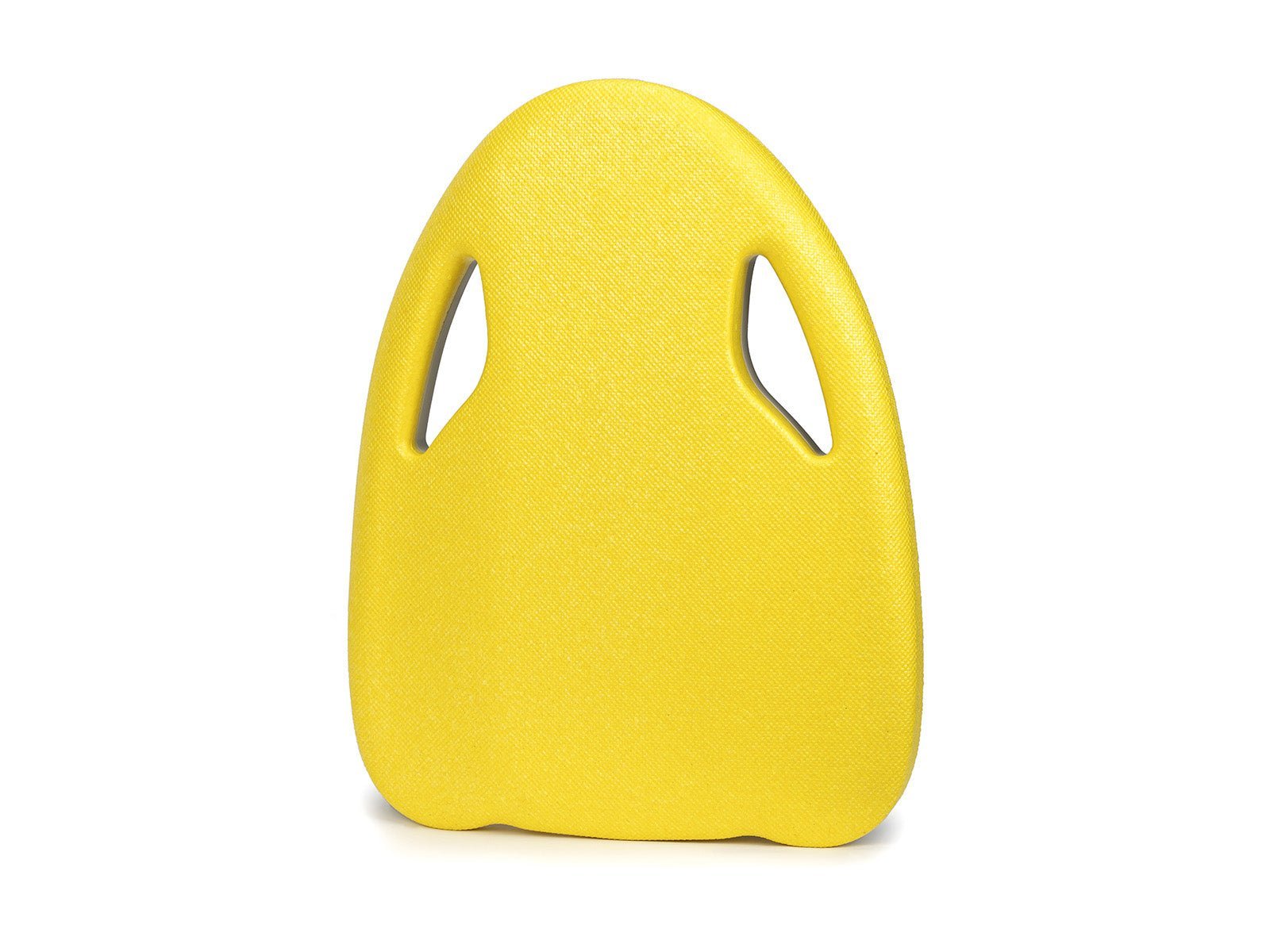
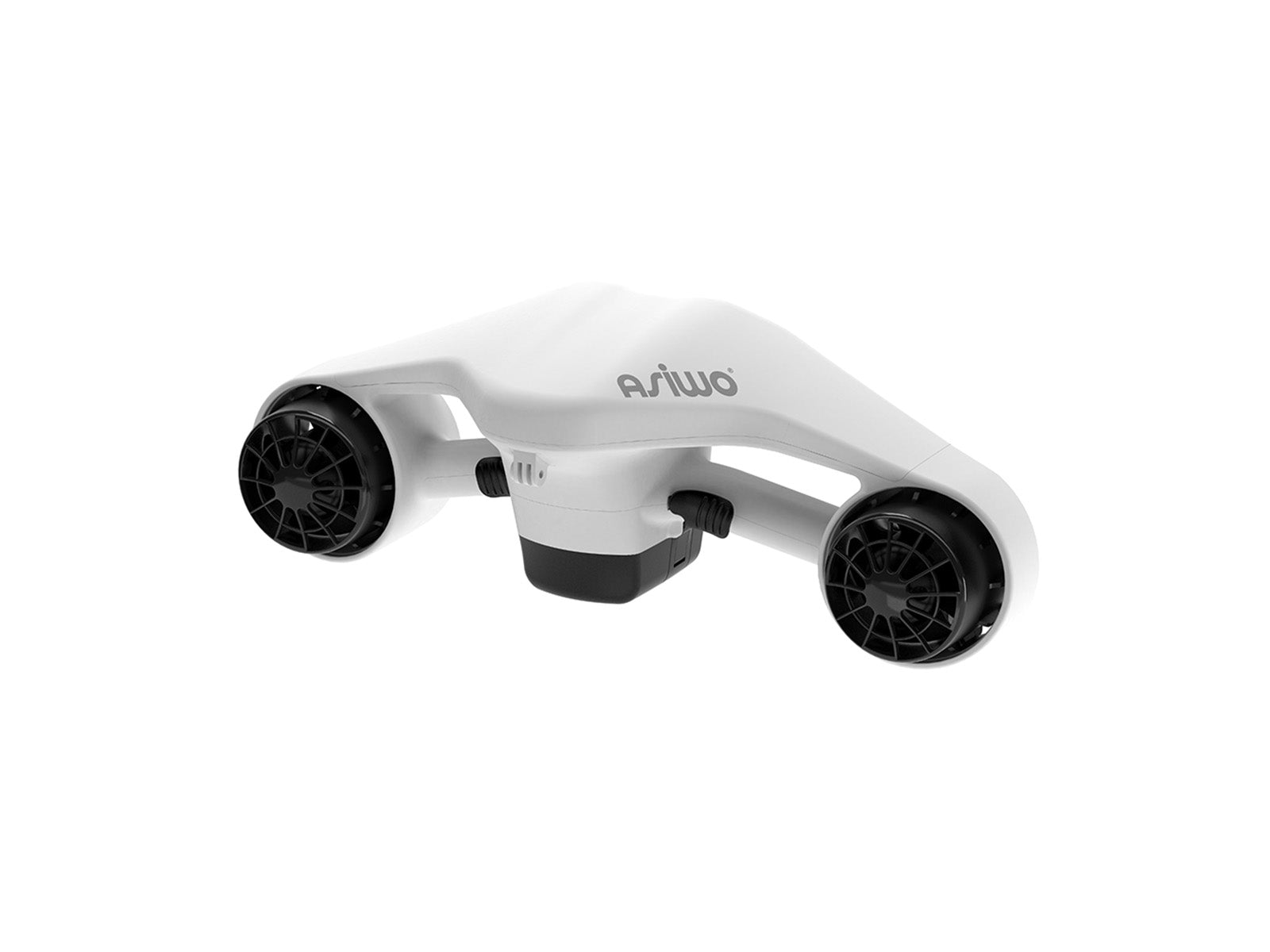
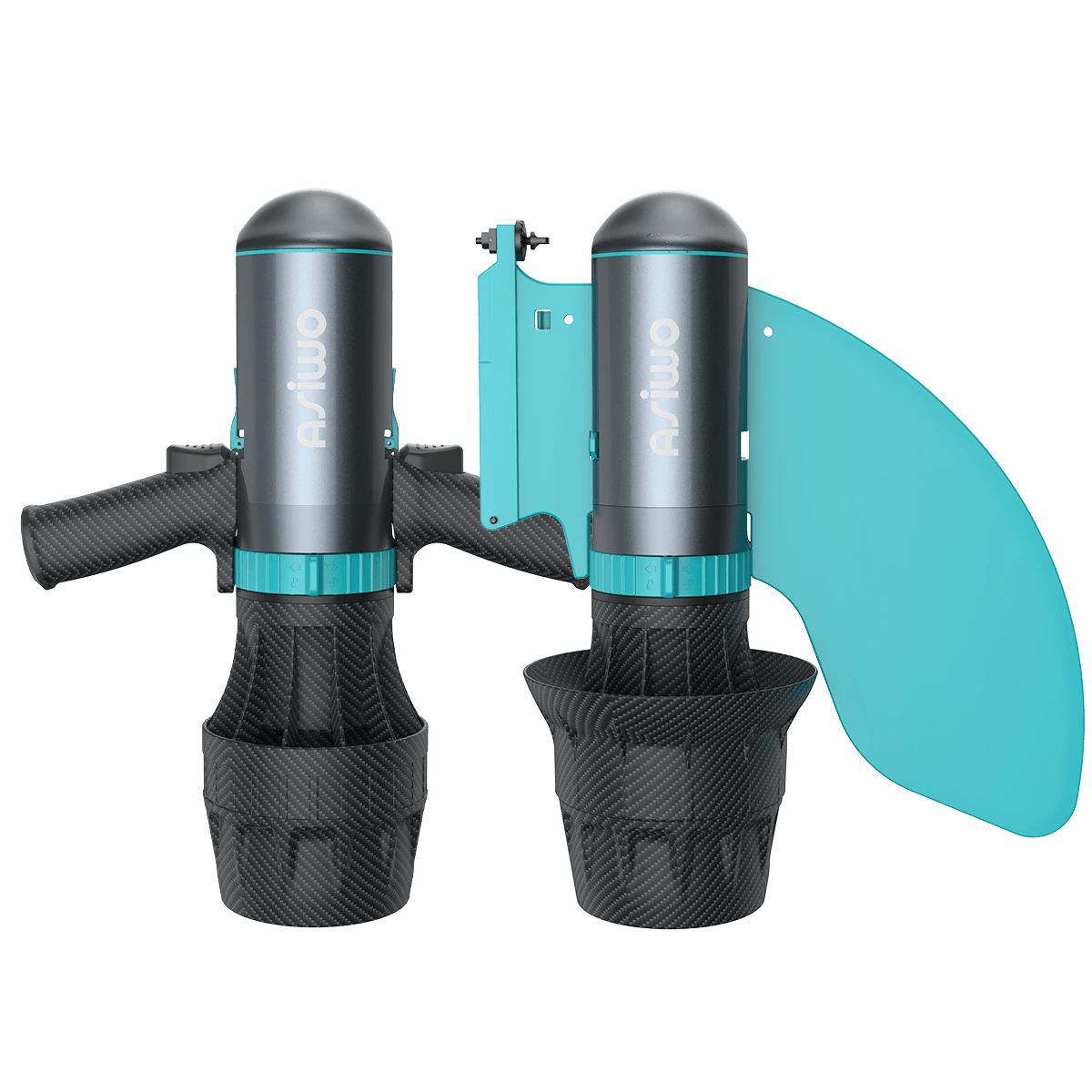




Leave a comment